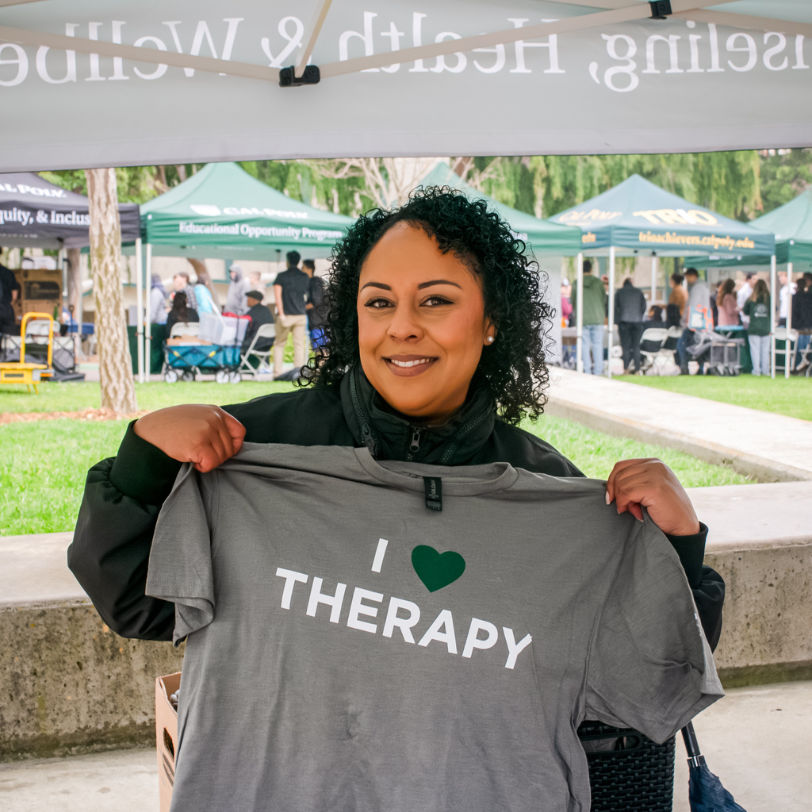

# 1 Know Your STI Status – Get Tested
# 2 Use Condoms
- External condoms (worn on a penis or shared toy)
- Internal condoms (inserted into the vagina or anus)
- Dental dams (used for oral-vaginal or oral-anal contact)
#3 Communicate with Your Partners and Make Informed Choices
Making informed choices and staying in communication with your partners are important ways to support everyone’s health and well-being.
#4 Vaccinations
- HPV (Human Papillomavirus)
- Hepatitis A
- Hepatitis B
#5 Abstinence
Many STIs are asymptomatic, so you don’t know if you have one unless you get tested. Be open and honest with your sex partner about preventing STIs.
____________________________________________________________________________
If you have had an unwanted sexual encounter or believe you have experienced sexual assault, first know that it is not your fault, and we are here to support you.
We strongly encourage that you meet with a confidential Campus Advocate at Safer and seek medical care from Health Services or a local medical provider. If you have experienced harm within the last 7 days, you may have additional medical and reporting options. Medical providers in California are mandated to report injuries as a result of assault or abuse to law enforcement. If you have questions about this, please work with your Advocate and/or medical provider to determine how to best meet your medical needs.
Sources: Centers for Disease Control, 2021 STI, 2023 Hepatitis B and C; California Department of Public Health, 2022.
 |
 |




